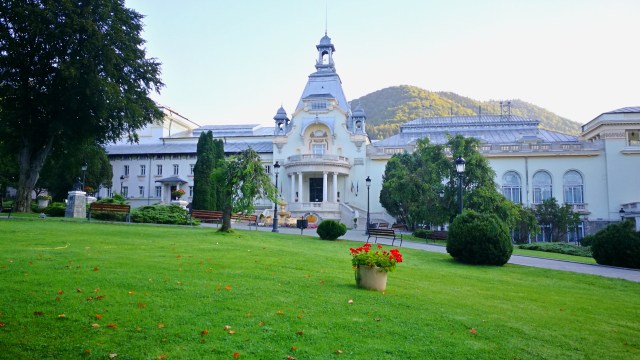
Radio – Back to the Future II
(In this second part, I highlight some of the consequences of losing the traditional media such as radio, TV, books and newspapers and storytelling tradition. This article in based on the talk in Romania)
A legend says that 5,000 years ago, the Upper Egypt was ruled by a king known as Thamus. Theuth, an inventor, once sought an audience with the King where he presented his latest discovery: writing. Theuth who also invented a myriad of other things was fully convinced that his latest brainchild would be welcomed, “Here, my Lord, is an accomplishment that will improve both the wisdom and the memory of the Egyptians,” he submitted to the King. The King, however, was not very impressed and after a long thought, replied,
“Theuth, my paragon of inventors, those who acquire it (writing) will cease to exercise their memory and become forgetful; they will rely on writing to bring things to their remembrance by external signs instead of by their own internal resources. And as for wisdom, your pupils will have the reputation for it without the reality: they will receive a quantity of information without proper instruction, and in consequence be thought very knowledgeable when they are for the most part quite ignorant. And because they are filled with the conceit of wisdom instead of real wisdom they will be a burden to society.”
Does a vast quantity of information necessarily mean knowledge? This is an interesting point – and, nonetheless, relevant even today. The new media technology lays in front of us so much information at a click of a mouse – or on our mobile phone – anywhere anytime. At no point in time in human history has so much materials been available so easily. However, does that make us more informed? More knowledgeable? Or wiser? Well, it is more plausible what King Thamus had predicted 5,000 years back. And that people would think of themselves as “very knowledgeable when they are for the most part quite ignorant”. Let me elaborate.
One problem with too much information is the overload that does not allow a reader to sieve ‘good’ and relevant information from the junk. This is the reason why fake news thrive. We are no more selective of important facts from the less important ones. We cannot judge between the good and the bad, relevant from the irrelevant or right from the wrong. Many urban teenagers in Bhutan can name every member of any K-Pop group but wouldn’t be able to say who the first three desis (governors) of Bhutan were – or in the contemporary parlance, to name all the members of the Cabinet. Still, if we want to stick to K-Pop, do we know that the K-wave is subsidised by the government to exert their soft power politically and globally and that it is also is used as a PR cart to sell Korean products in the ever-competitive world market?
Not only that there is information overdrive these days, one is also subjected to the illusion of being widely informed and knowledgeable. Today as one scrolls the timeline of the FaceBook page or Twitter, one is fed with news and information from across the globe on variety of subjects; from the latest resolution in the UN Security Council to a dog being trapped in a well in remote India; from new scientific discoveries, whether true of not, to ancient Ayurvedic treatment for cancer, which the world had supposedly forgotten. Everyone knows who won the US election, that the Brits are leaving the European Union and that Kim Jong Un is testing nuclear weapons.
There is a difference between having information and being informed, though. Having information is nothing if one does not know the context or the prevailing circumstances. Information is like a raw material. You need more ingredients and some craftsmanship to turn it into a final product – to make a judgement or an assessment. Conversely, if you base your decision on a piece or on fragmented pieces of information it is likely to be dangerous. This is what is happening every day around the world these days. Character assassinations, campaigns of disinformation and fake news are having a field day. In one of the best sessions at the conference in Romania, researchers had presented some early study of how fake news and the illusion of being informed altered the voting pattern in one of the most “developed” nations on Earth.
All these bring us to the issue of substance, accuracy and credibility, which the new media such as Twitter and Facebook is short of. You can’t make a judgment on the Palestinian-Israeli issue in 140 characters or shoot down Aung San Suu Kyi’s persona or her Nobel Prize based on one Facebook post or picture. Therefore, the good ole media such as the radio, TV, books and newspaper and our own storytelling tradition will continue to, and should, play an important role to maintain a good level of public discourse. Of all places on Earth, the US of A has realised this after the 2016 Presidential elections. New York Times and Washington Post have seen increased sales and subscriptions in 2017.
One can’t say for sure where a well-informed society would take us but a shallow one, which we are fast becoming, can deliver the deadliest of consequences for mankind and nations. And it’s not me saying this. Someone called Siddharta Gautama based his teachings, some 2,500 years ago, on the need to alleviate ignorance, which at the very best, as Thamus had put, would be “a burden to the society” and to the world.
(In the next entry I will elaborate on my experience that I presented at the conference)

